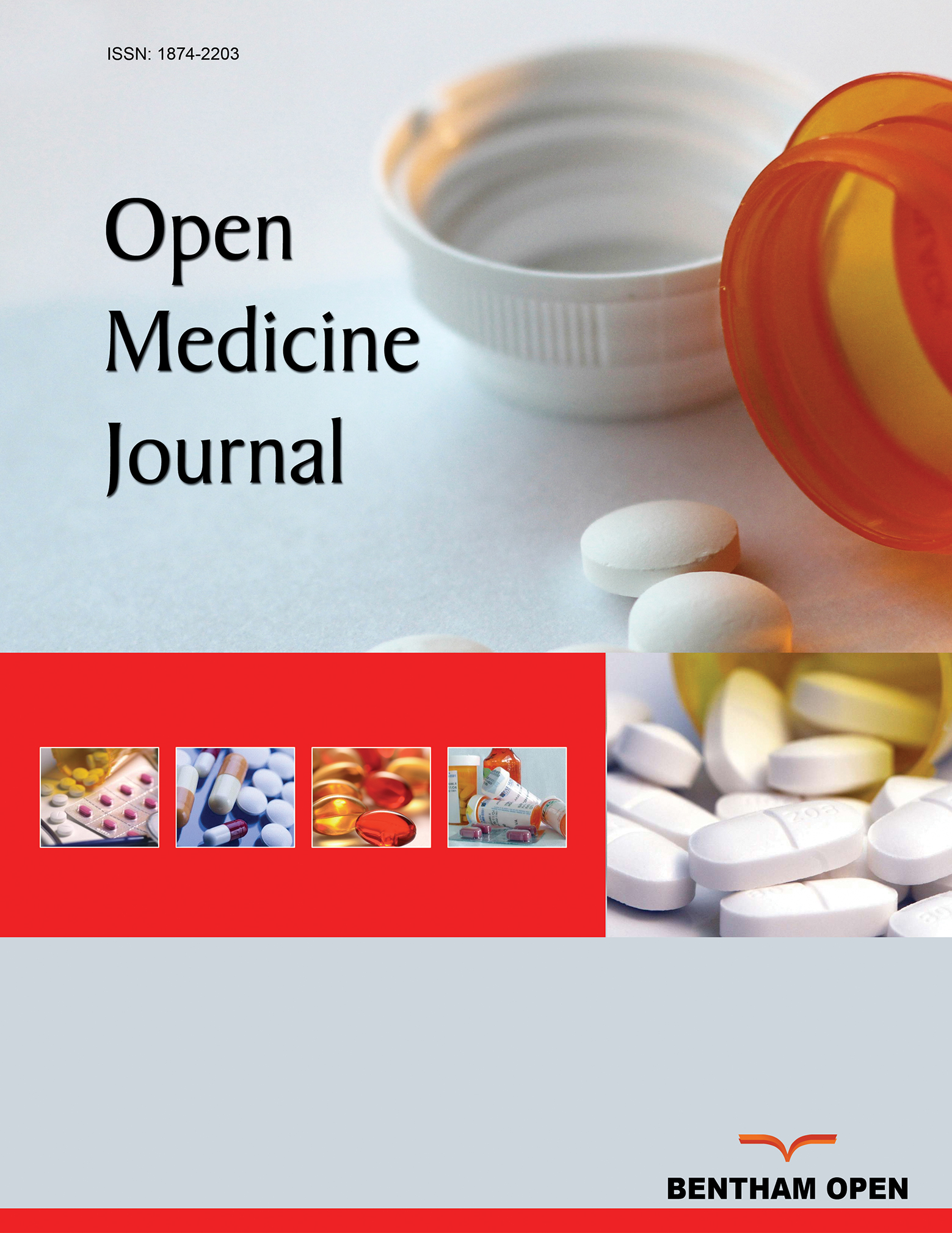Factors Predicting Glycemic Control in Type 1 Diabetic Patient
Abstract
Background:
Recent years have been marked by numerous advances in the quality of type 1 diabetes care. However, glycemic control remains suboptimal for many patients with type 1 diabetes. The aim of our study was to identify factors associated with poor glycemic control in type 1 diabetic patients.
Methods:
We studied in a retrospective manner, 188 type 1 diabetic patients, admitted to our department then followed up for at least one year.
Results:
There was a negative correlation between age at diabetes onset and HbA1c value (p=0.02). Adolescents had higher HbA1c value than adults (10.8±2.9% vs. 9.2±2.8%, p=0.02). No relationship was found between number of daily insulin injections and mean HbA1c value. Mean HbA1c was higher in patients with poor compliance to insulin therapy (11.1±3.3% vs. 8.9±2.4%, p<0.0001), in those with less than 3 clinic visits per year (10.7±3.5% vs. 9.0±2.1%, p=0.001), in subjects with lipohypertrophy (10.9±2.5% vs. 9.2±3.4%, p=0.008) and those with known celiac disease (14.5±5.2% vs. 9.6±2.9%, p=0.005).
Conclusion:
Several factors were associated with poor glycemic control in our type 1 diabetic patients. Most of them can be changed in particular by strengthening education strategies.


